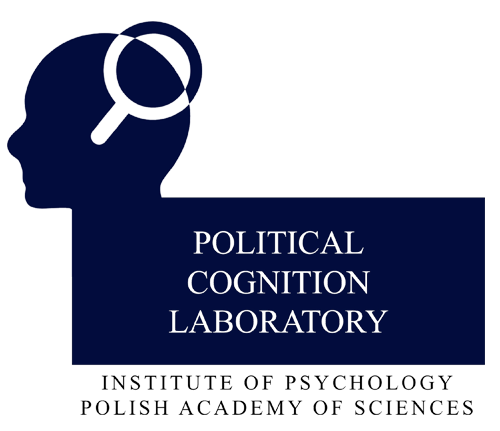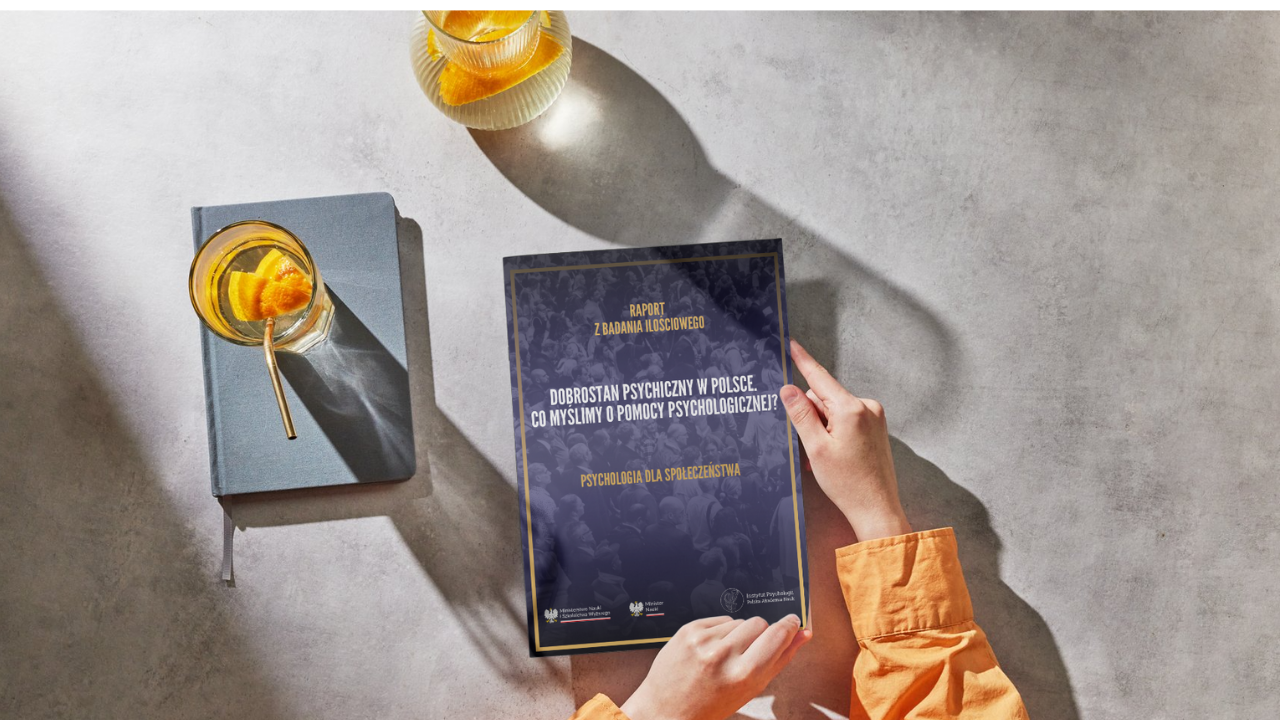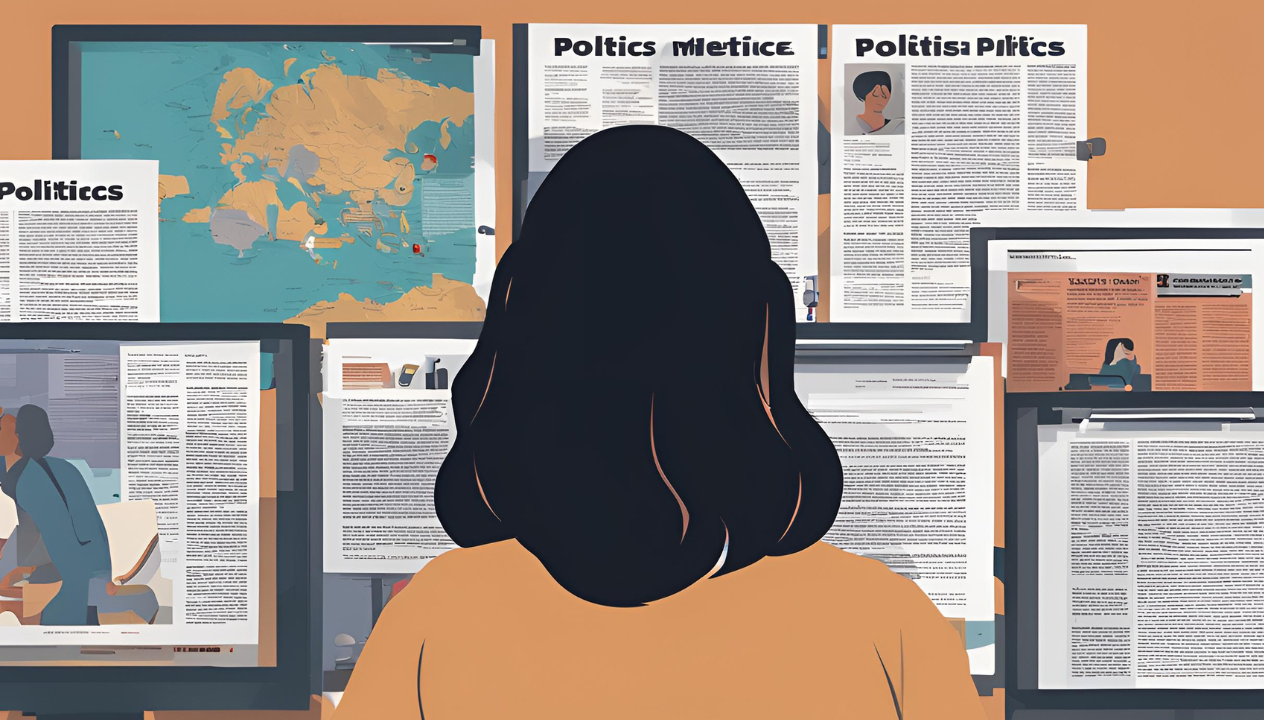What is the current state of mental well-being among Polish women and men? What holds us back from seeking psychological help?
In a new report prepared by the Institute of Psychology of the Polish Academy of Sciences, as part of the Psychology for Society project we examine not only how people in Poland are feeling, but also how they perceive professional psychological support—and what barriers may prevent them from accessing it.
At first glance, many individuals rate their mental condition positively. However, a closer look reveals that a significant portion of the population experiences low mood, chronic fatigue, and loneliness—particularly among young adults. One of the report’s central themes is the role of stereotypes and imagined scenarios in decisions about mental health. People who have never received a psychiatric diagnosis often assume they would feel intense shame, stigmatization, or social exclusion in such a situation. Their imagined reactions are far more negative than the actual experiences of those who have gone through the diagnostic process. This fear—amplified by lack of knowledge and the still-prevalent taboo surrounding mental disorders and psychological help—can strongly discourage individuals from seeking support.
The report also highlights worrying signals regarding trust in mental health professionals. Some respondents held misconceptions—for example, that psychotherapists possess “extraordinary” abilities or manipulate patients in harmful ways. These beliefs reflect a lack of psychological education, which should be addressed as early as possible, including within the formal education system.
The report further explores how socioeconomic status influences attitudes toward mental health. Financial hardship often correlates with lower trust in professionals and a distorted understanding of mental health issues.
This report is not just a diagnosis. It marks the beginning of long-term initiatives under the Psychology for Society program. Our goal is to end the taboo around mental health. We want conversations about emotions and the need for support to be as natural as those about physical health.
You can access the full report HERE
We invite you to explore our findings and follow our upcoming research and educational initiatives.
The report was funded by the Ministry of Science as part of the commissioned project First phase of the research and intervention program: Psychology for Society.








